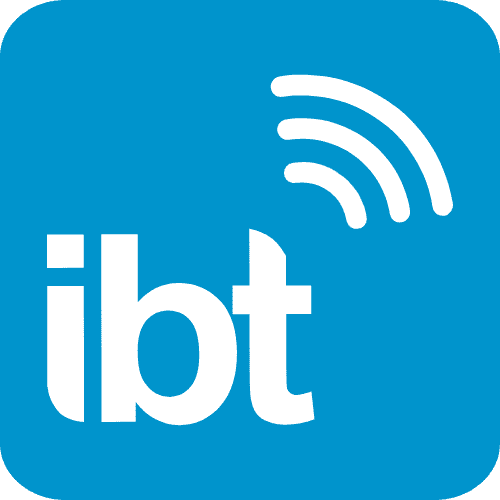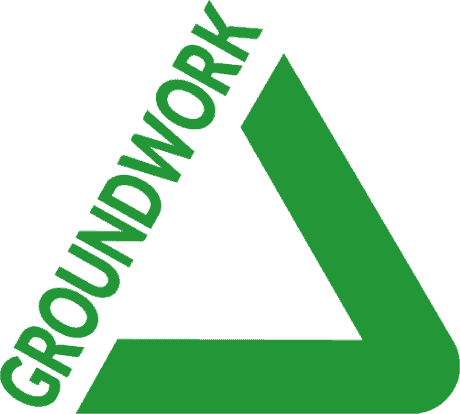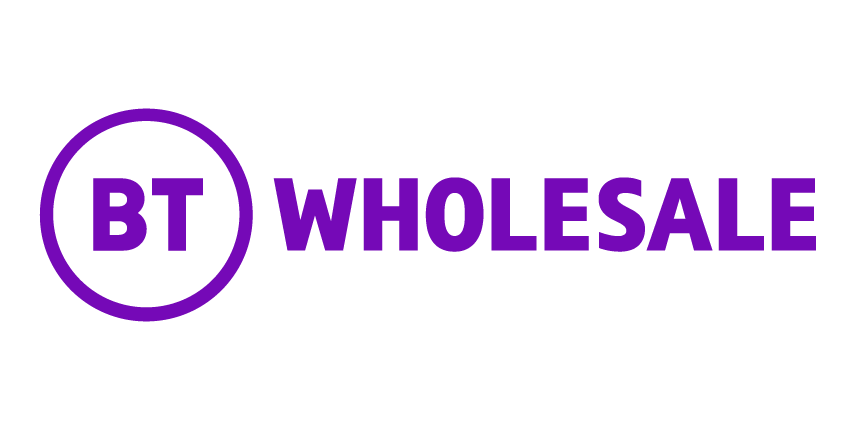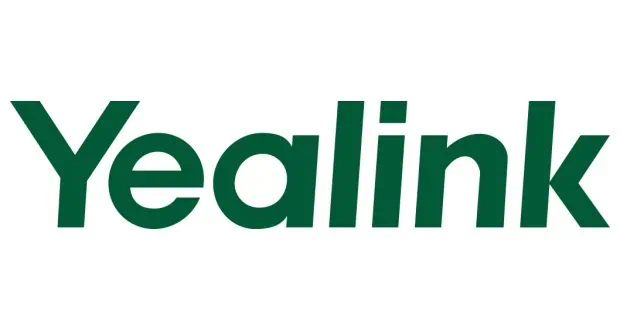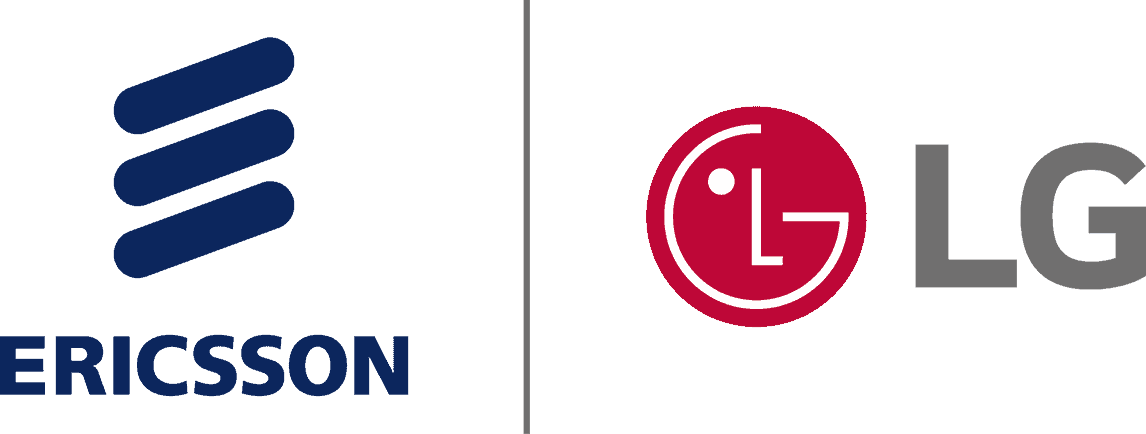PSTN Switch Off
Embrace the future with IBT as the PSTN network makes way for advanced digital communication in 2027, ensuring your business stays connected and competitive. Let us guide you seamlessly through this transformative journey.
What's happening with PSTN?
The PSTN (Public Switched Telephone Network) era is drawing to a close. This legacy network, once the cornerstone of UK's telecommunications, can no longer keep up with the dynamic needs of today's businesses.
In its place, a robust, future-ready fibre network is set to take the stage, marking the end of traditional PSTN lines, including analogue, digital phone lines, ISDN systems, and older broadband services like ADSL and FTTC.
Openreach is at the forefront, transforming local exchanges nationwide to embrace full-fibre networks. This upgrade is not just a step but a leap towards fast, reliable, and economical connectivity. It's time for your business to advance with IBT, ensuring seamless communication in an all-digital era.


The "Stop Sell" Directive Explained
This transition affects more than just telephony; it necessitates upgrading broadband connections and devices reliant on PSTN, including security systems, EPOS machines, and more, to compatible digital alternatives.
Why switch off PSTN?
As digital technology, offering speed, accessibility, and reliability, becomes the norm, the UK is moving away from PSTN to full-fibre connectivity, catering to modern communication needs.


Timeline for the PSTN Switch Off
With many areas no longer offering PSTN services, it's crucial to prepare your business for this shift.
1200+ UK companies use IBT for their communications
Very fast response to problems, have been customer for 5+ years
Assess & Evaluate
Around 2.4 million UK businesses still rely on outdated PSTN and ISDN networks. With the switch off looming, it's imperative to transition to fibre-based technologies to avoid disruptions.
Although the final switch off is in 2025, the 'stop sell' directive came into effect in September 2023, this means action is required now.Planning
Transitioning to IP telephony (VoIP) and upgrading your broadband to fibre with IBT not only prepares your business for the future but places you ahead of the curve with advanced, cost-effective solutions.
Implementation
The future is digital, and with IBT, transitioning to fibre-based telephony and broadband is seamless.
Our offerings include VoIP, SIP trunking, SoGEA, FTTP, and wireless leased lines, ensuring your business stays connected, flexible, and competitive.Embrace Benefits
Switching to IBT's digital solutions means accessing a suite of features for efficient communication, including advanced call management, voicemail-to-email, collaborative tools, and real-time analytics, all tailored to fit your business needs.
Embrace the future of communication with IBT, where flexibility, cost-efficiency, and connectivity converge.
We partner with the best
Frequently asked questions
For tailored information, contact us directly and we will happily answer any questions you may have.
Contact usWhat is the UK PSTN Switch Off?
The UK’s Public Switched Telephone Network (PSTN) is set to be fully decommissioned by Openreach on 31st December 2025. This transition will see all UK business phone lines shifting to a digital network utilizing Voice over Internet Protocol (VoIP) technology over a fibre-based service.
The move from PSTN will also see broadband connections upgraded from copper to full-fibre networks. With the rollout occurring gradually across the UK, it’s crucial for businesses to switch to fibre and IP services promptly to avoid disruption.
Why does the PSTN switch off mean for my business?
The cessation of PSTN affects all traditional lines including analogue, digital, ISDN systems, and older broadband forms like ADSL and FTTC, making them obsolete. For businesses reliant on these technologies for phone and broadband services, transitioning to a full-fibre connection and VoIP-based systems is essential.
PSTN advantages & disadvantages
While the PSTN has been foundational since its inception in the late 1800s, its copper-based infrastructure is outdated, fragile, and increasingly costly to maintain. It struggles to meet the demands for high-speed, reliable connectivity that the 21st century necessitates, indicating it’s time for a more sustainable, digital solution.
Which is the best business phone system?
IBT offers a personalized approach to selecting the best VoIP business phone system for your needs, considering your specific requirements and guiding you through the transition. Our portfolio includes a variety of VoIP systems suitable for businesses of any size, ensuring a smooth move to an all-IP future.
When do I need to upgrade my services?
“Stop sell” notices are issued in areas where fibre installations reach 75% completion, leading to the withdrawal of copper-based services. To ensure uninterrupted service, businesses should proactively upgrade to fibre-based telecom and internet solutions, leveraging the benefits of VoIP technologies without delay.
What is the difference between PSTN & VoIP?
PSTN relies on circuit-switched copper lines for analogue voice data transmission, a system that’s been in use for decades but is limited in functionality and flexibility. VoIP, or Voice over Internet Protocol, uses internet-based technology for communication, offering faster, more reliable, and cost-effective options, while eliminating dependency on outdated copper lines.
What is the difference between PSTN & ISDN?
ISDN (Integrated Services Digital Network) allows digital transmission of voice, video, and data over traditional PSTN lines. It supports simultaneous phone calls and internet use but will also be phased out with the PSTN switch off, requiring a move to more advanced solutions.
Can I keep my current phone number?
Yes, transitioning to new full-fibre connections does not mean losing your current phone number. As Openreach progresses with the exchange upgrades and implements stop sells on legacy PSTN lines, it’s vital to update your systems to a full-fibre and hosted solution with IBT to maintain connectivity ahead of the complete PSTN switch off in 2025.
